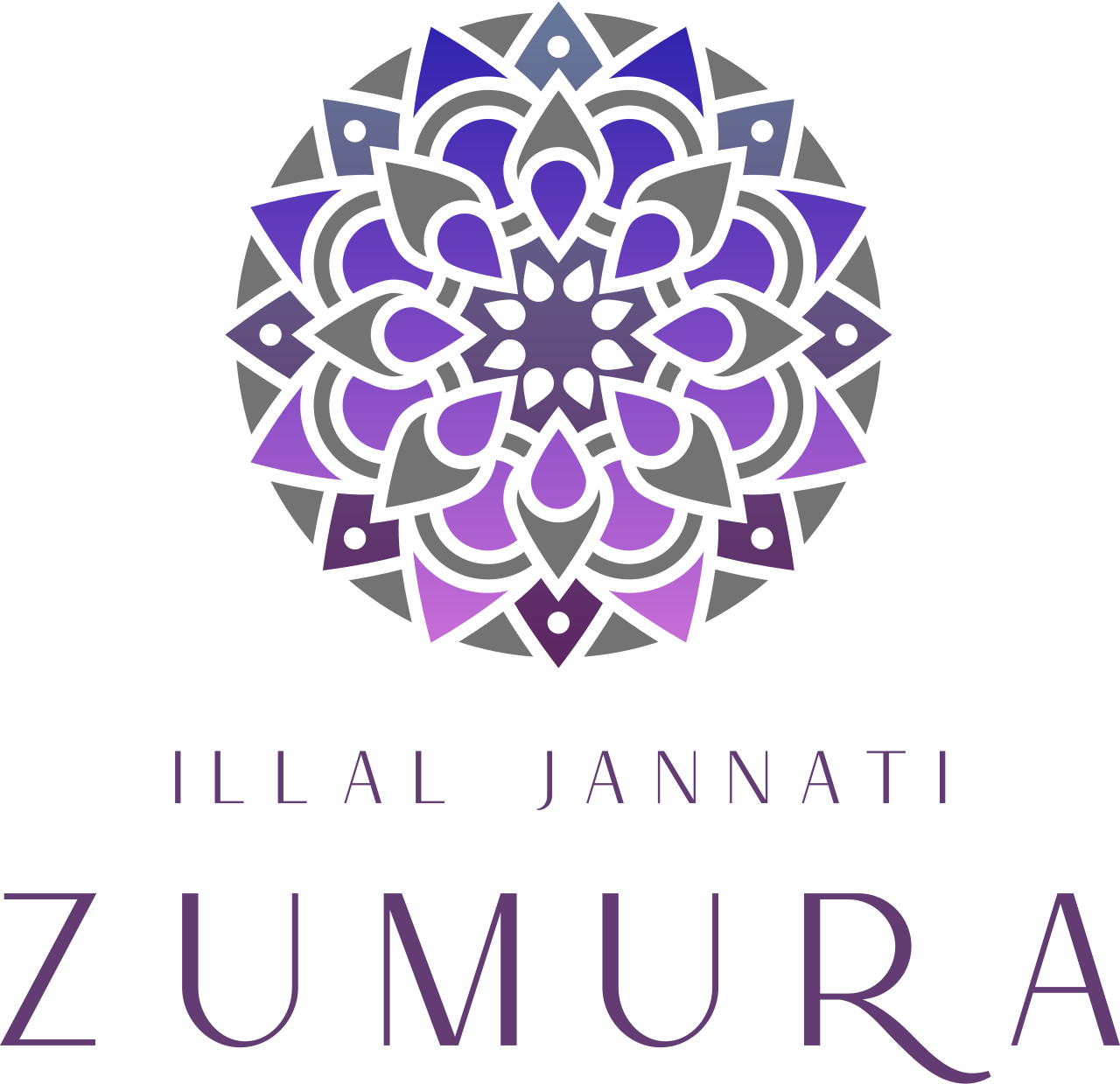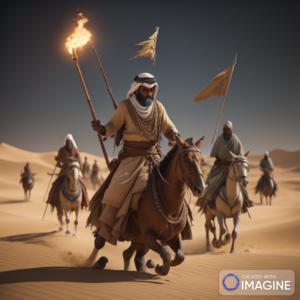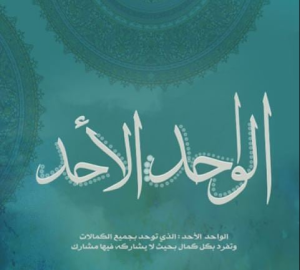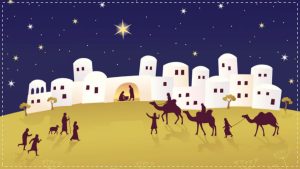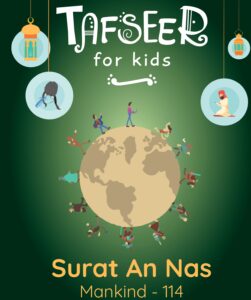
Seerah Lesson 1: Makkah and Arabia Before Islam
Seerah Lesson 1: Makkah and Arabia Before Islam
Seerah Lesson 1
Title: Unveiling the Past: The Transformative Power of Islam in Pre-Islamic Makkah
Introduction: In this blog post, we explore the landscape of Makkah and Arabia before the advent of Islam.
Our focus is not just on painting a picture of the past but on extracting valuable lessons and understanding the significance of learning about the Seerah (the life of Prophet Muhammad, peace be upon him).
The Landscape of Pre-Islamic Arabia:
Arabia, before the rise of Islam, was a land of extreme conditions – a vast, challenging desert that was both hot and dry. At its heart lay Makkah, a bustling hub of commerce and pilgrimage. People from distant lands converged here, some to trade, others to worship at the Kaabah. However, the spiritual landscape of Makkah was marred by idolatry. The gradual shift from monotheism, established by Prophet Ibrahim and Ismael, to polytheism led to the practice of shirk (associating partners with Allah). The Kaabah, the house of Allah, was now surrounded by 360 idols.
Societal Disparities and Moral Decline: Makkah’s society was full of extreme contrasts. While some people had tremendous wealth, others were dying of poverty. The existence of slavery increased these inequalities, with slaves enduring severe hardships. A preference for male offspring led to the mistreatment of girls, who were often seen as bearers of misfortune. The community was plagued by hard-heartedness, frequent conflicts over trivial matters, and widespread violence. Tribal leaders wielded power through corruption and bribery, fueling a cycle of tribal wars and societal decay. Excessive drinking and other harmful practices were rampant, further deteriorating the social fabric.
Neglect of Basic Rights and Confused Religious Beliefs: In this era, there were no basic human rights. Orphans and women, in particular, suffered immensely, with little respect or protection. The horrifying practice of burying female newborns was extremely common. Religious beliefs were based on idol worship, with Arabs venerating various idols made of stone, wood, and even elements of nature like trees and stars.
The Dawn of a New Era:
Amidst this backdrop of moral and social chaos, the stage was set for a transformative change. The arrival of Prophet Muhammad (peace be upon him), the last Prophet in Islam, would be the beginning of a new era. His teachings would not only reshape the spiritual beliefs of the Arabs but also revolutionize their social, moral, and cultural norms.
Practical Applications:
Understanding the Seerah and the pre-Islamic context of Makkah is crucial. It offers us practical lessons in resilience and the transformative power of faith. As we reflect on this important time we gain insights into the challenges faced and overcome by early Muslims, and the extent of the change that Islam was able to bring about in improving society and character inspiring us to apply these lessons in our contemporary world.

